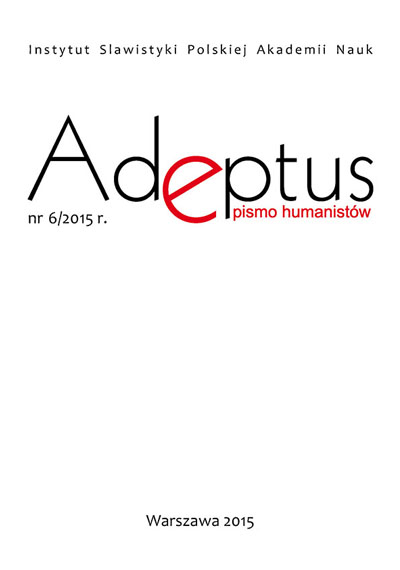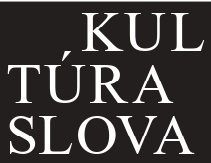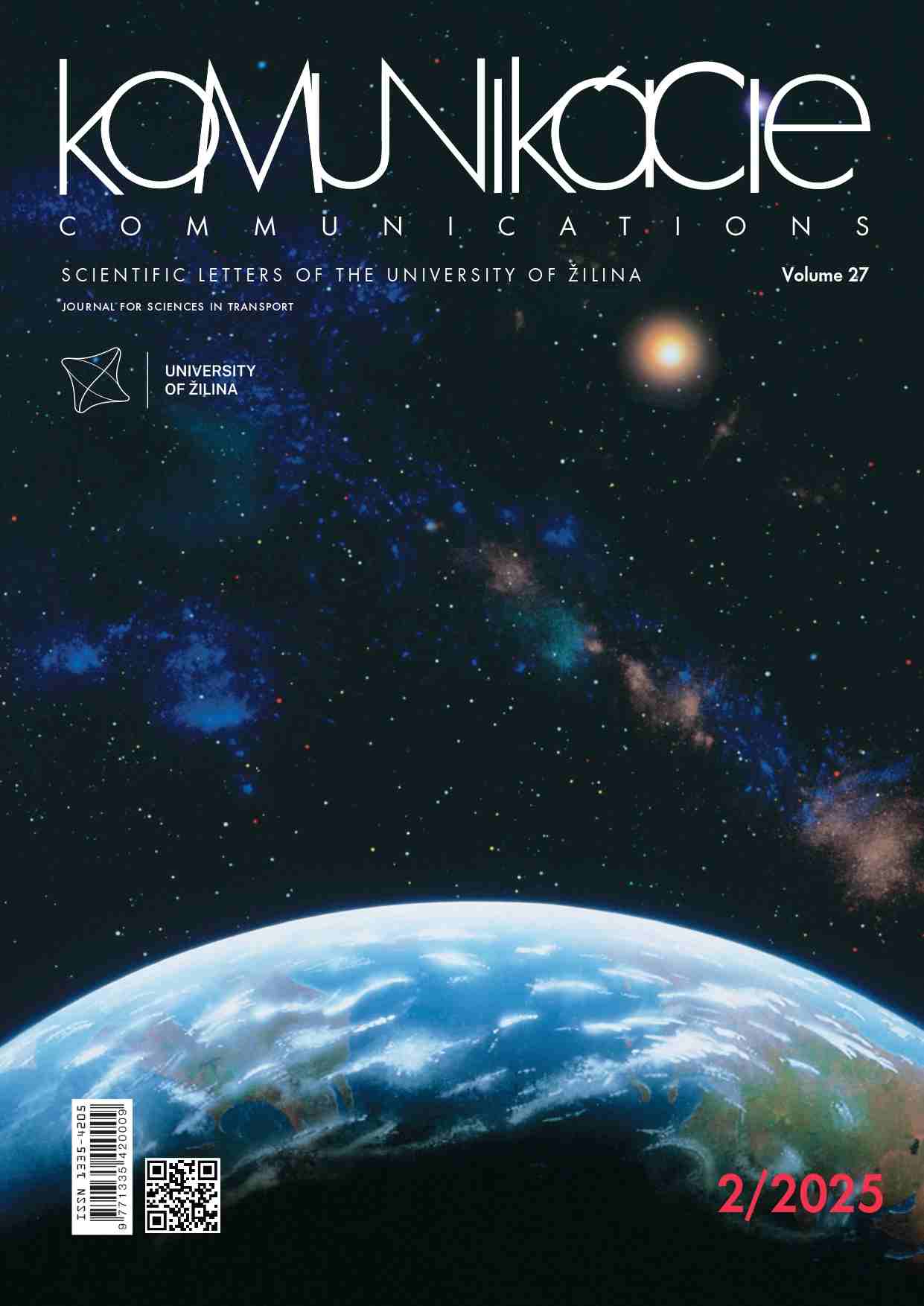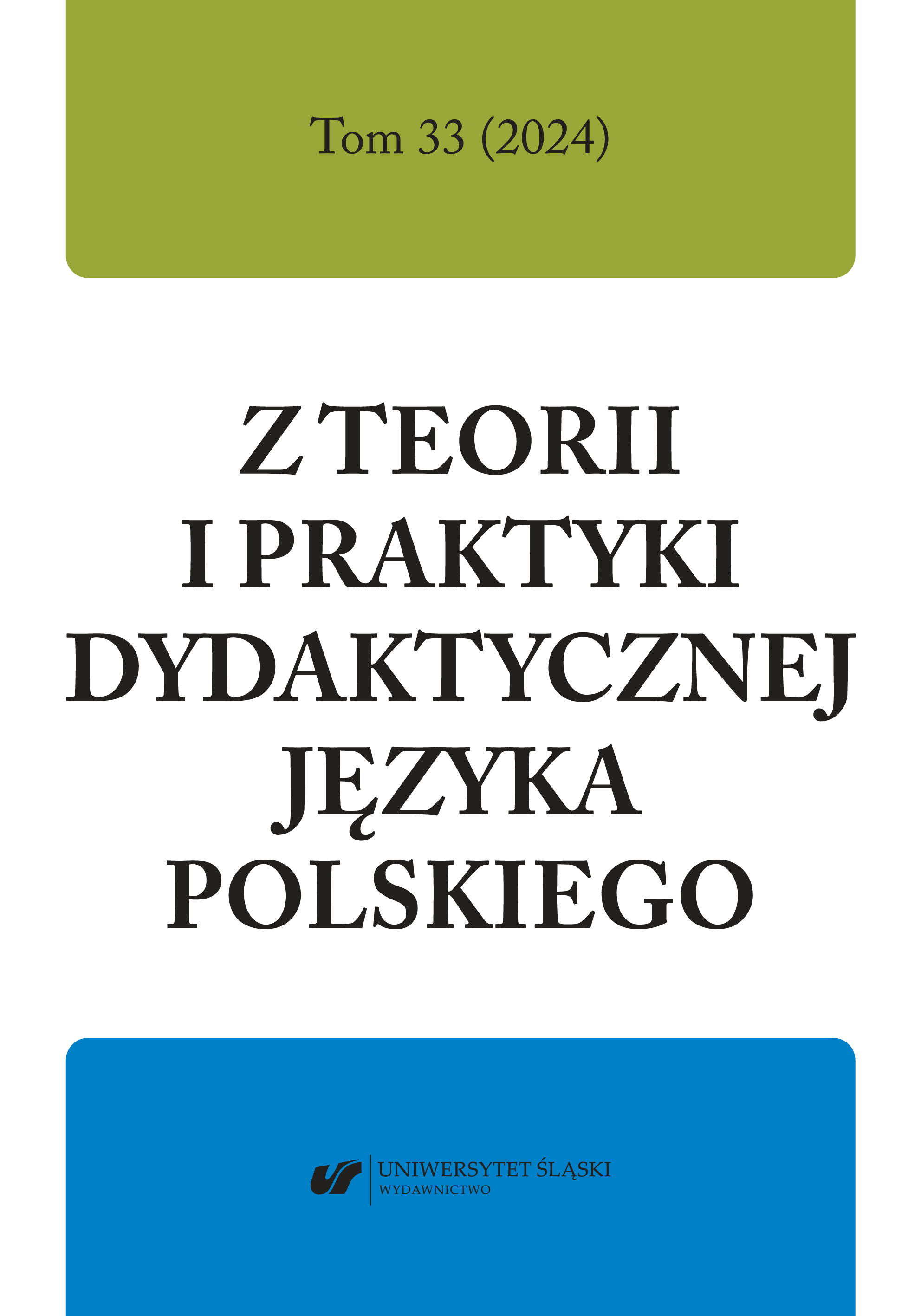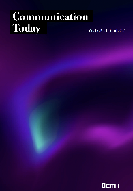Author(s): Daniela Suciu (Fodor) / Language(s): Romanian
Issue: 3/2023
The characteristic “motivated” can be attributed to the specialized terms, in opposition to the majority of the linguistic signs that have an unmotivated or arbitrary character from the perspective of the extrinsic relationship between concept and extralinguistic reality. We are aware that the specialized vocabulary does not belong only to the specialists, the use of the terms in other registers of the language is a reality. In this case, there is a complementary relationship between the internal and the external terminology. Extralinguistic motivation is fundamental in terminology and it is illustrated by the relationship between the concept-term and the object belonging to the external world. In linguistics, the motivation is defined as a characteristic attributed to a small number of linguistic signs, as opposed to the majority of signs which have an arbitrary or unmotivated character from the point of view of the extrinsic relationship between the signs and the extralinguistic reality. In treatises, motivation is presented as being: absolute and relative in the case of derivative and compound words; partial (with suffixoids and prefixoids), etymologic (words inherited from Latin and Greek); phonetic, morpho-lexical, semantic; internal, external, intrinsic, phonetic, structural, partially etymologic, secondary etc. We will refer to the phenomenon of extralinguistic motivation because, within the terminology, all types of motivation are subordinated to it. Thus, we identify derivational motivation, accomplished with the help of suffixes and prefixes (capsular, akaryote, aphyllous) and motivation with the help of sematic modellers, respectively suffixoids, prefixoids, roots (hydrophyte, heliophyte, basophile, heliotrope).
More...
